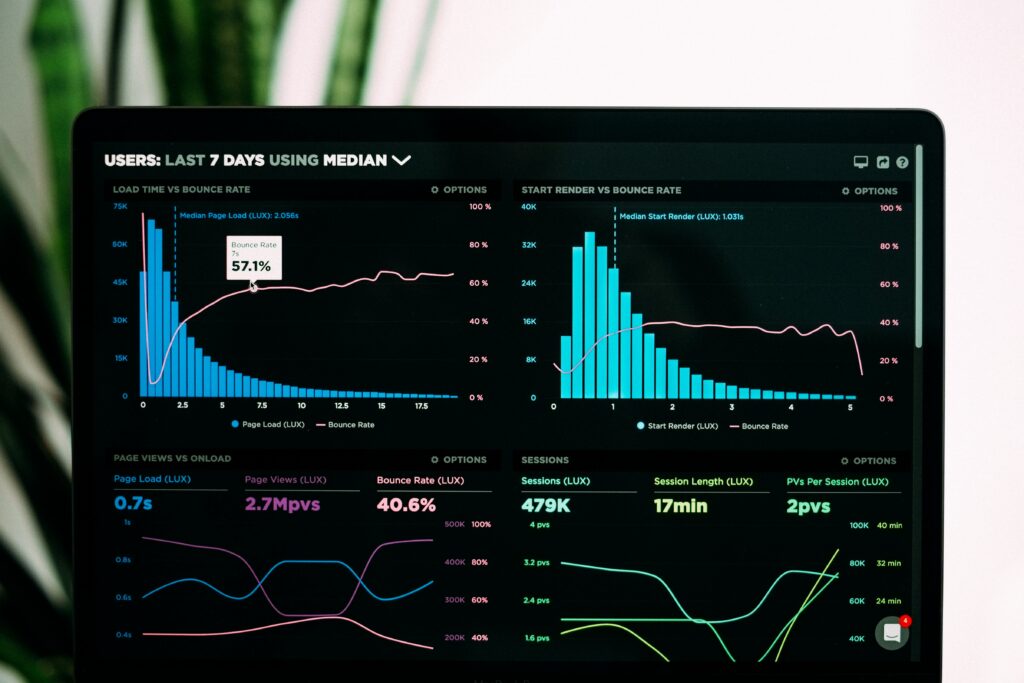Discover the multifaceted role of an Analytics & Data Consultant through our comprehensive job description, uncovering the key responsibilities, skills, and qualifications required to excel in this data-driven and strategic position.
Table of Contents
- Introduction
- Analytics & Data Consultant Responsibilities
- Analytics & Data Consultant Job Qualifications
- Conclusion
Introduction
Analytics & Data Consultants play a crucial role in helping organizations make data-driven decisions. They are responsible for defining the analytics strategy for tracking traffic and conversion events across web and mobile applications. Analytics & Data Consultants work with a variety of analytics tools, including Adobe Analytics, Google Analytics (GA4), Mixpanel, and others.

Analytics & Data Consultant Responsibilities
The primary responsibilities of an Analytics & Data Consultant include:
- Define the analytics strategy for tracking traffic and conversion events across web and mobile applications.
- Collaborate with cross-functional teams to ensure analytics requirements are incorporated into product development.
- Develop and maintain analytics frameworks and models.
- Develop and maintain dashboards, reports, and other data visualizations to communicate insights to stakeholders.
- Identify areas for improvement and optimization in existing flows.
- Conduct data analysis to uncover insights and make recommendations to improve business performance.
- Stay up-to-date with industry trends and best practices in analytics.
Analytics & Data Consultant Job Qualifications
To become an Analytics & Data Consultant, candidates typically need a bachelor’s degree in computer science, data science, or a related field.
In addition to education, candidates should possess the following skills and qualifications:
- Experience working with analytics tools such as Adobe Analytics, Google Analytics (GA4), Mixpanel, and others.
- Experience with data visualization tools such as Tableau, Power BI, or Looker.
- Strong analytical and problem-solving skills.
- Excellent communication and collaboration skills.
Conclusion
In summary, a DevOps Engineer plays a crucial role in the software development lifecycle by designing, building and maintaining CI/CD pipelines that enable faster and more efficient delivery of applications. They have a strong understanding of software development principles and practices, as well as hands-on experience with containerization technologies, configuration management and automation tools, and infrastructure as code. They are also proficient in scripting languages, knowledgeable in networking and security concepts, and familiar with cloud computing platforms. Good problem-solving and communication skills are essential for this role.

